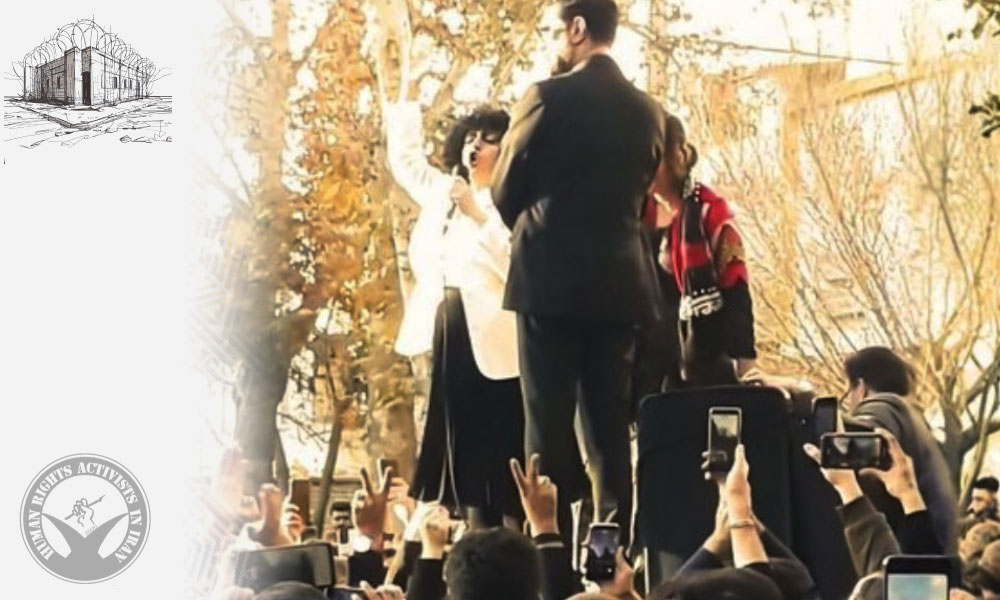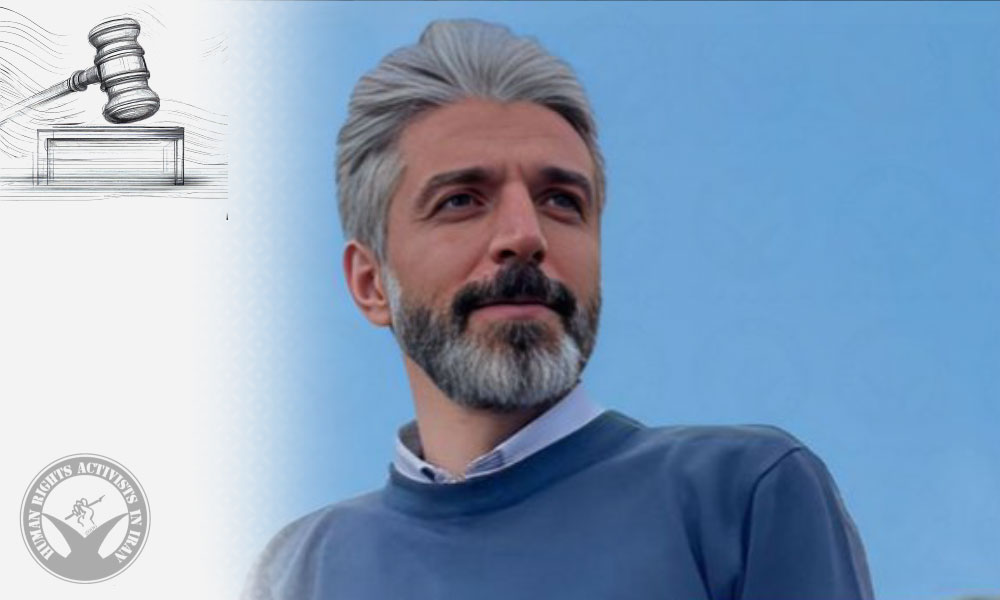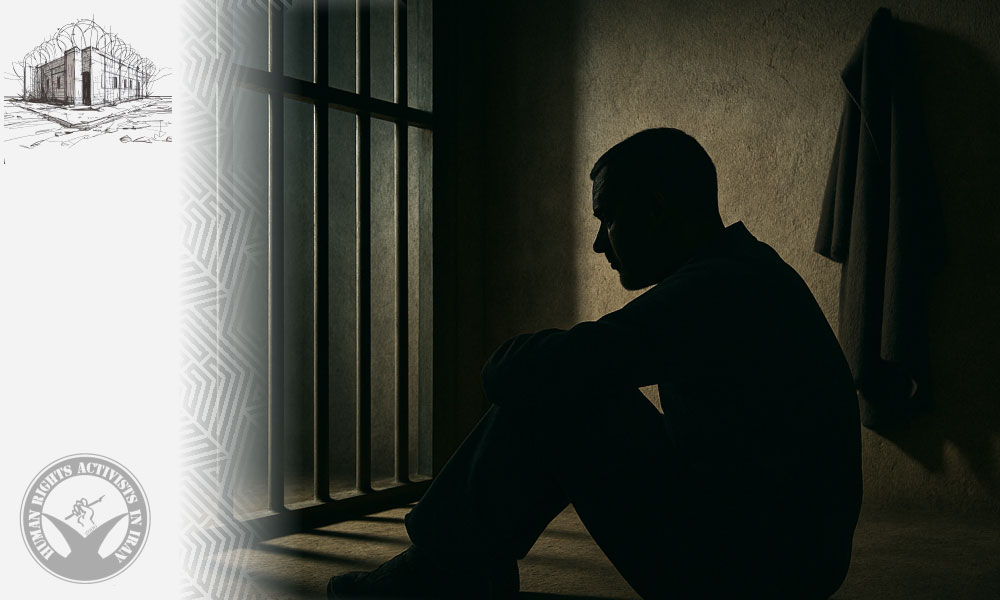 HRANA News Agency – Amnesty International; Anyone held in Iran solely for the peaceful exercise of their human rights should immediately and unconditionally be released, Amnesty International has said, following the pardoning by Iran’s Supreme Leader Ayatollah Ali Khamenei of at least 130 political prisoners, including prisoners of conscience, from Tehran’s Evin Prison.
HRANA News Agency – Amnesty International; Anyone held in Iran solely for the peaceful exercise of their human rights should immediately and unconditionally be released, Amnesty International has said, following the pardoning by Iran’s Supreme Leader Ayatollah Ali Khamenei of at least 130 political prisoners, including prisoners of conscience, from Tehran’s Evin Prison.
The call came after Tehran’s Prosecutor General Abbas Ja’fari Dowlatabadi announced the prisoners, of whom 90 were imprisoned at the time, had been pardoned ahead of Eid al-Fitr celebrations at the end of the Islamic month of Ramadan.
Three prisoners who Amnesty International has campaigned on behalf of were among those who were pardoned.
Other prisoners are also believed to have been released from prisons across Iran or had their sentences reduced.
“Amnesty International welcomes the release of Nazanin Khosravani, Ali Malihi and Ghasem Sholeh Sa’adi, and any others who were held as prisoners of conscience, but there are many other prisoners of conscience in Iran, some serving lengthy prison sentences in poor prison conditions who remain held solely for the peaceful exercise of their rights to freedom of expression, association or assembly, or on account of their religious or other consciencously held beliefs, and they must be released too,” said Ann Harrison, Deputy Director of Amnesty International’s Middle East and North Africa Programme.
“Many other political prisoners have also been sentenced after grossly unfair trials, and they should be released unless their convictions and sentences are reviewed. Still others face delays of months or even years before they are brought to trial.
“The poor conditions in Iran’s overcrowded prisons often lead to prisoners developing serious health problems. Others are denied or face delays in getting treatment. All detainees and prisoners should be granted immediate and regular access to their families and lawyers, and all necessary medical treatment.”
About 61 of the 90 people who were in prison at the time of the pardon were being held in section 350 of Tehran’s Evin Prison.
Six of those pardoned were among 13 prisoners who were flogged earlier this week.
“It is deplorable that the Iranian authorities implemented sentences of flogging on the reported six individuals preceding their pardons on Wednesday. No one should be flogged as it is cruel, inhuman and degrading punishment, which is prohibited under international law,” said Ann Harrison.
The Iranian courts impose flogging sentences for a wide range of offences, including sexual offences, drug-related offences, drinking alcohol, theft, and some relating to freedom of expression and assembly, such as “insulting others” or “disturbing public order”.
Most flogging sentences are imposed on men and are in some cases commuted to cash fines.
Among the prisoners of conscience who remain incarcerated are: trade unionists Reza Shahabi and Shahrokh Zamani; lawyers Nasrin Sotoudeh, Abdolfattah Soltani, and Mohammad Seyfzadeh; Behnam Irani, a Christian pastor; Sa’id Metinpour, a member of the Azerbaijani minority who has called for greater cultural and linguistic rights for his community; and Nooshin Khadem, a member of the Baha’i religious minority.
Of those who were pardoned, Amnesty International has previously campaigned on behalf of:
Nazanin Khosravani, a journalist who began a six-year sentence in March 2012 on charges of “spreading propaganda against the system” and “gathering and colluding against national security” in connection with her work as a journalist.
Ali Malihi, a student and journalist, who was serving a four-year sentence on charges which included “spreading propaganda against the system” and “taking part in an illegal gathering” in connection with his journalistic work.
Ghasem Sholeh Saadi, a university professor, lawyer and former MP who had begun serving an 18-month prison sentence in April 2011 connection with charges stemming from a critical open letter he wrote to the Supreme Leader in 2002.
While in prison, he was informed an additional one-year sentence had been passed against him along with a 10-year ban on teaching and practising law, which were apparently imposed for interviews he had given to foreign media.
He was also reportedly sentenced on 17 September 2011 to an additional two-year prison sentence for “insulting the Leader”.






